You are here
Quick Tips
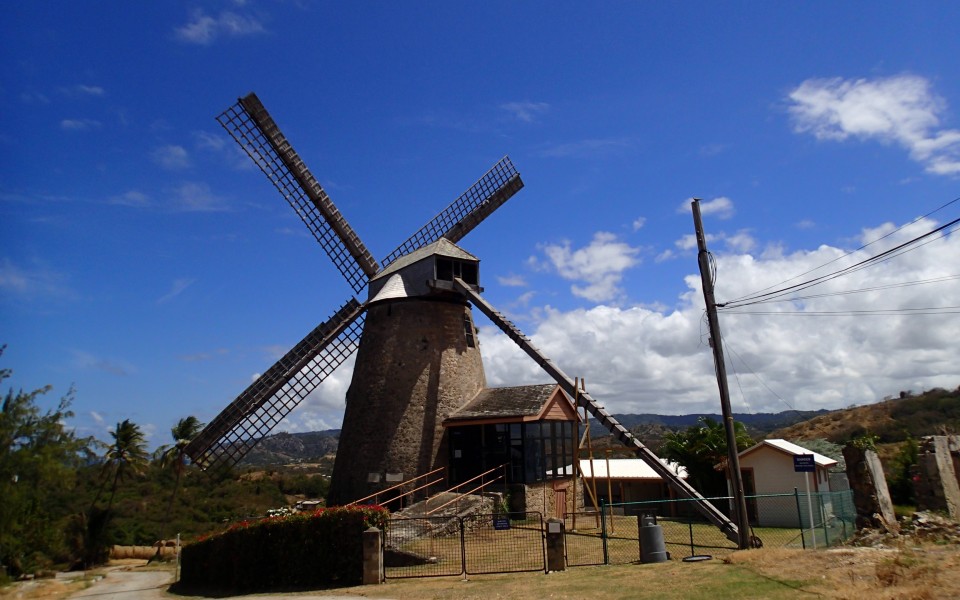
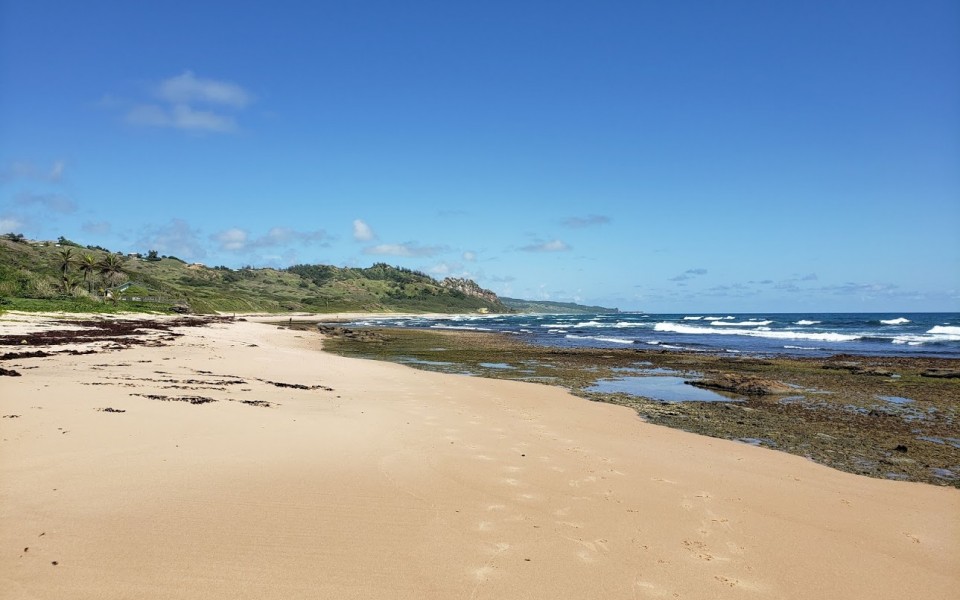
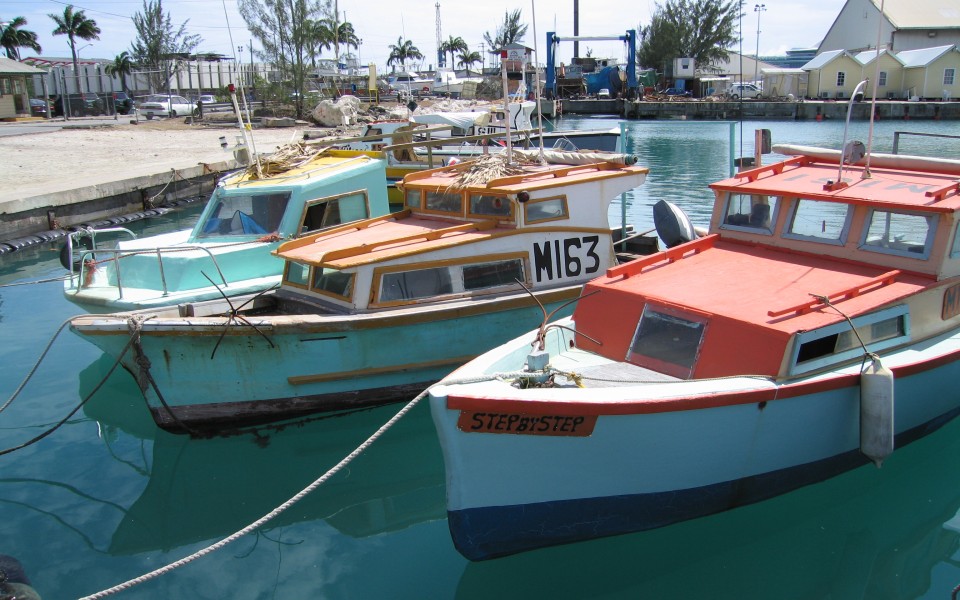
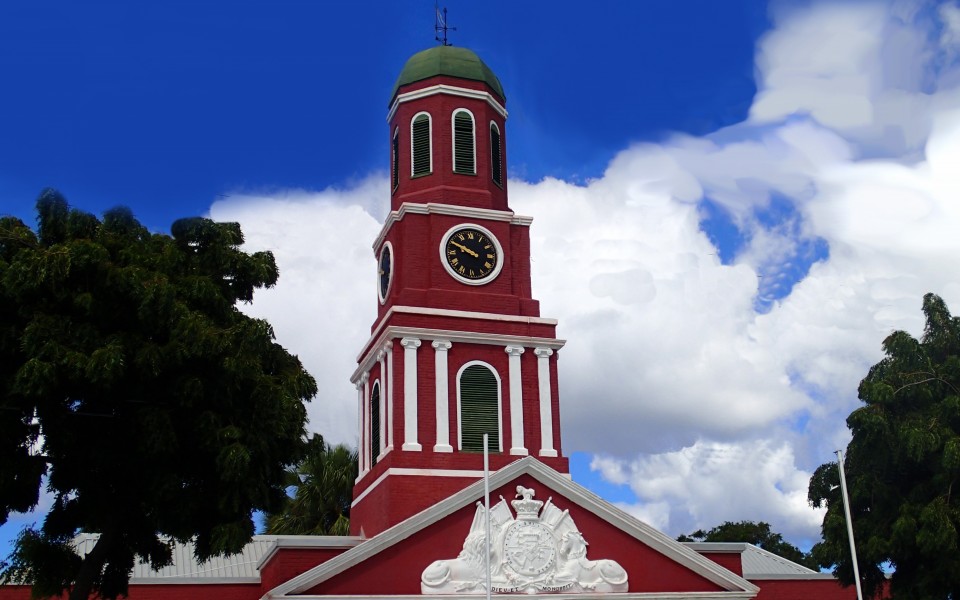

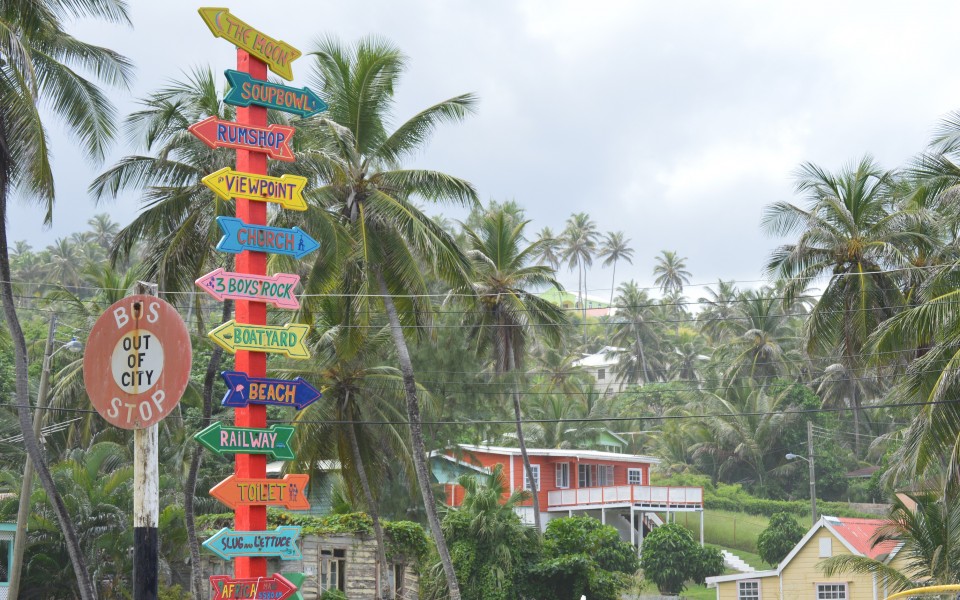
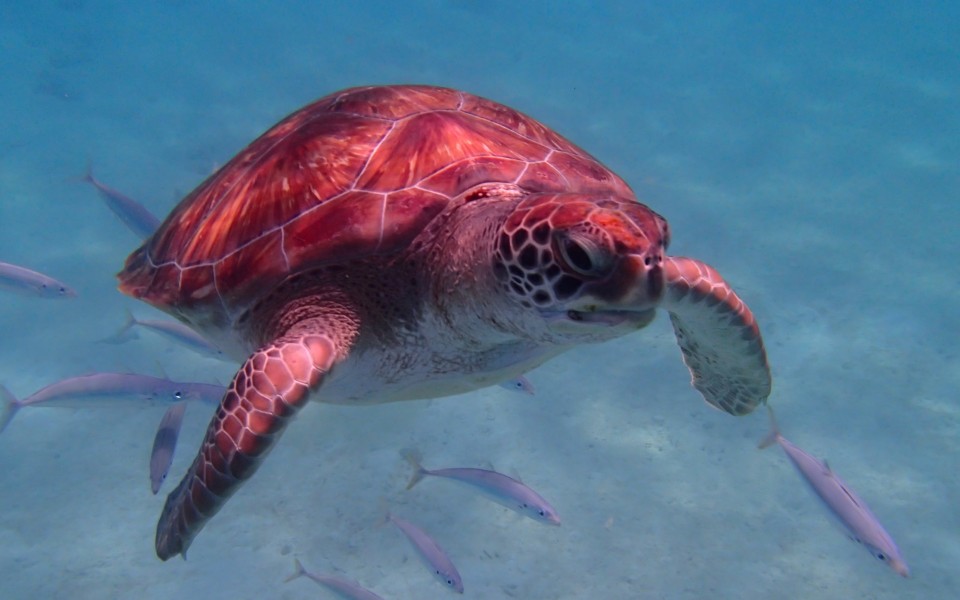
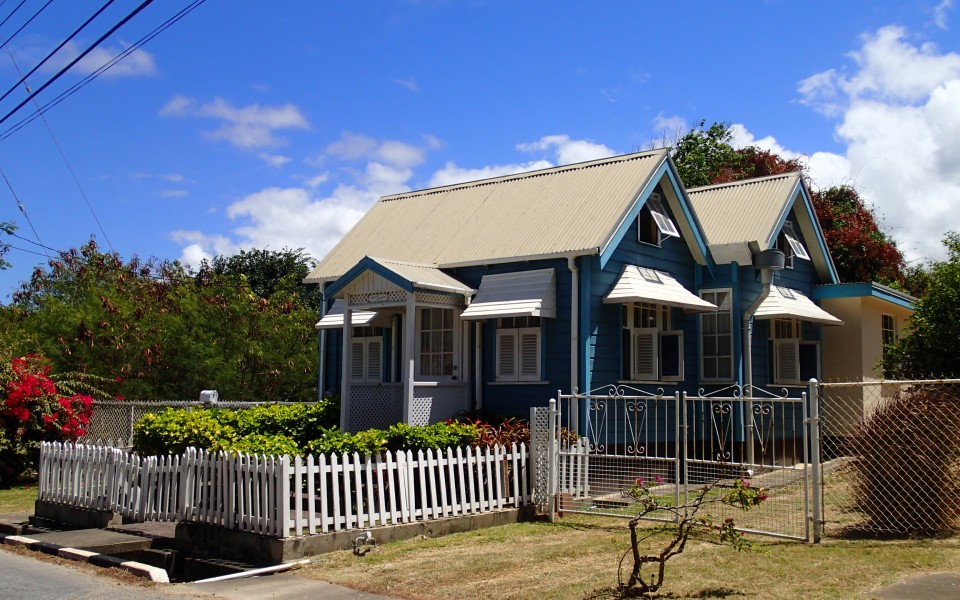
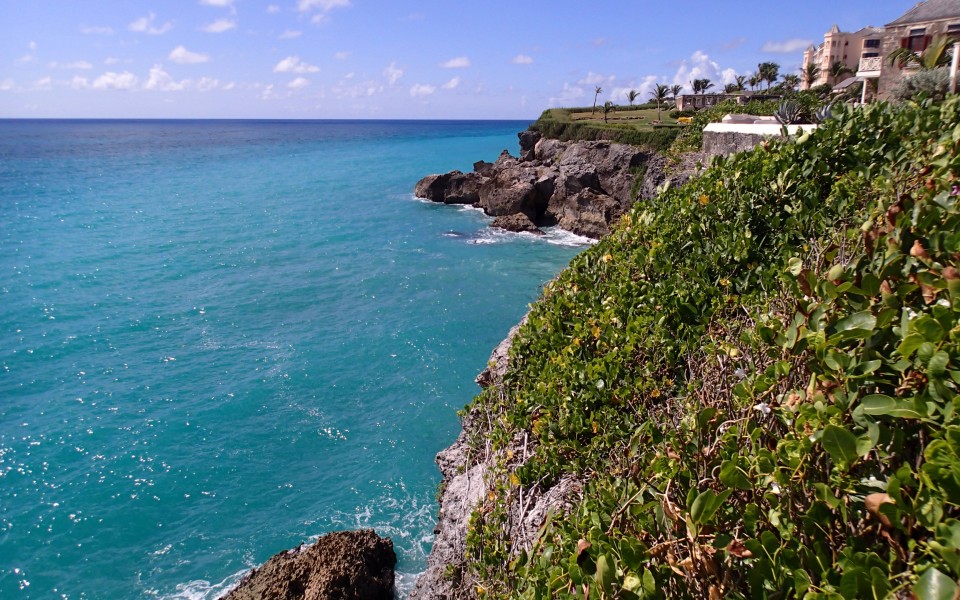
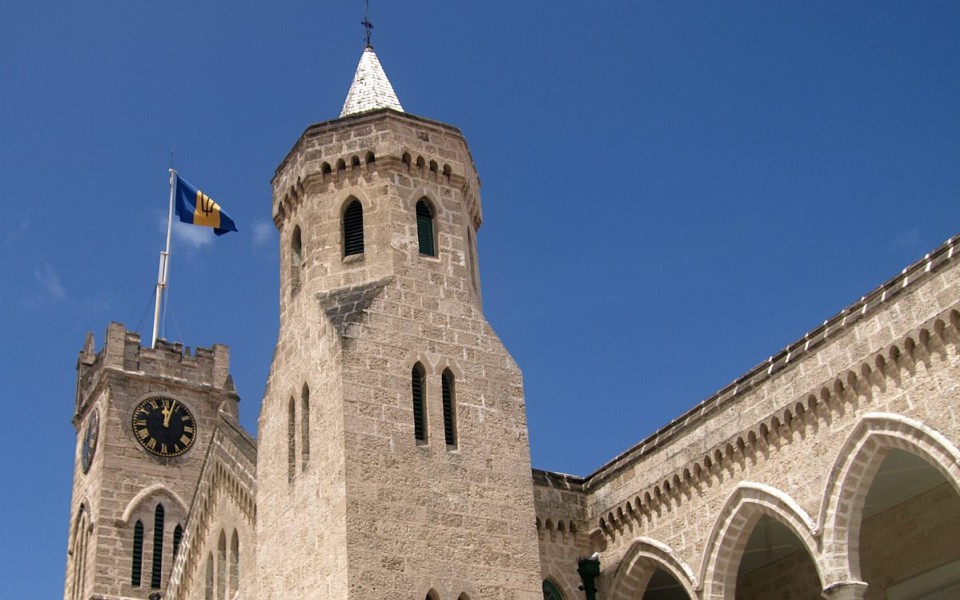
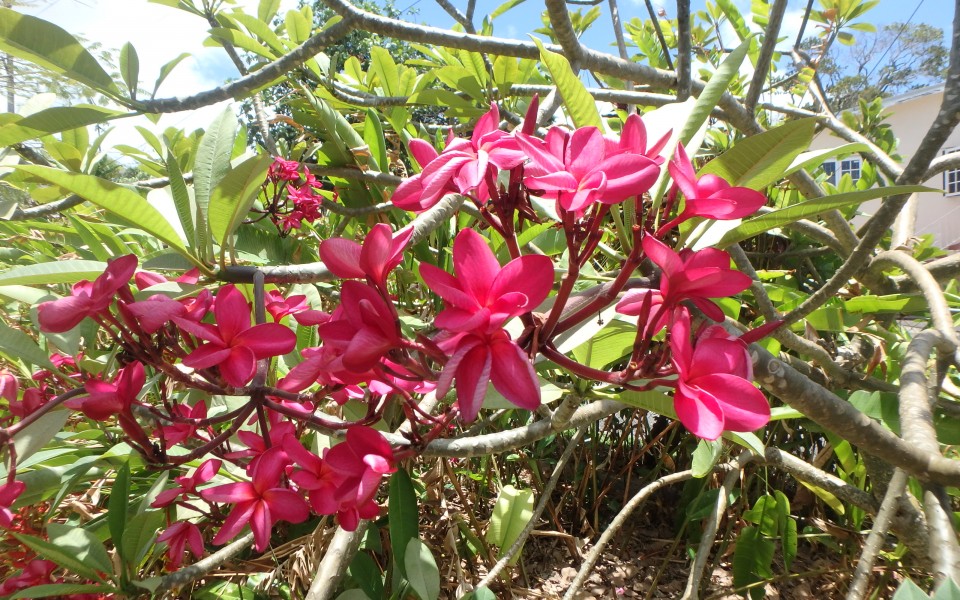
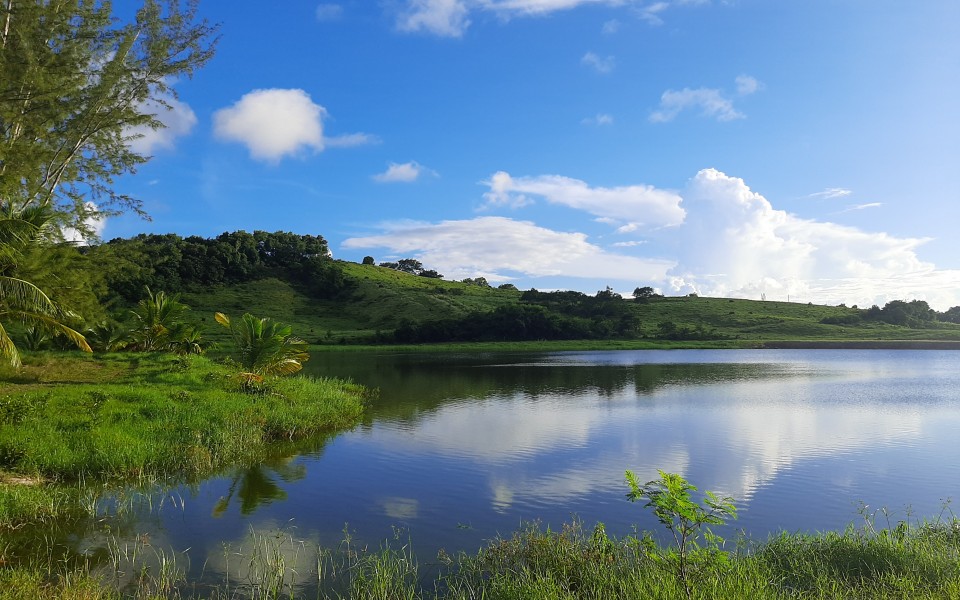
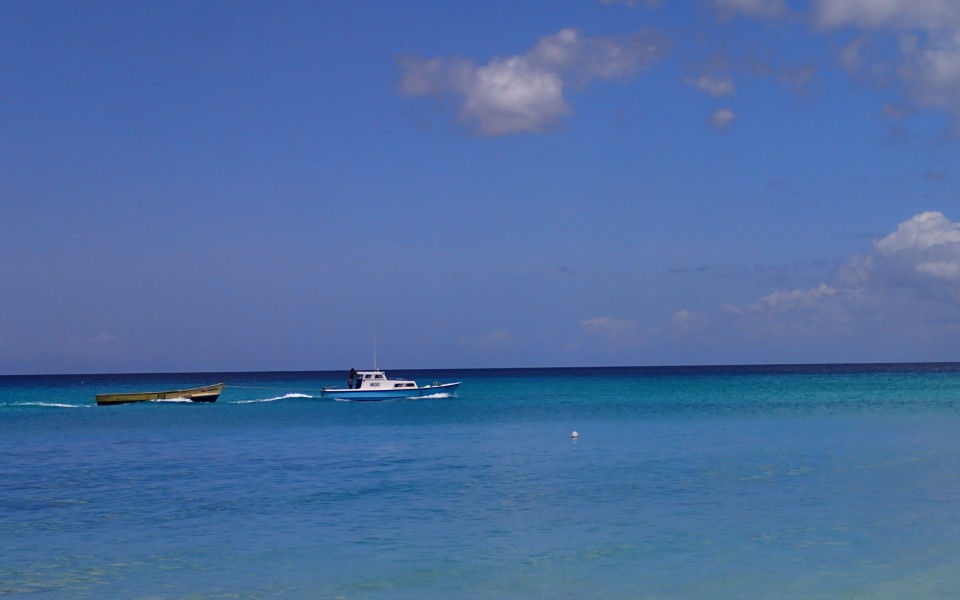
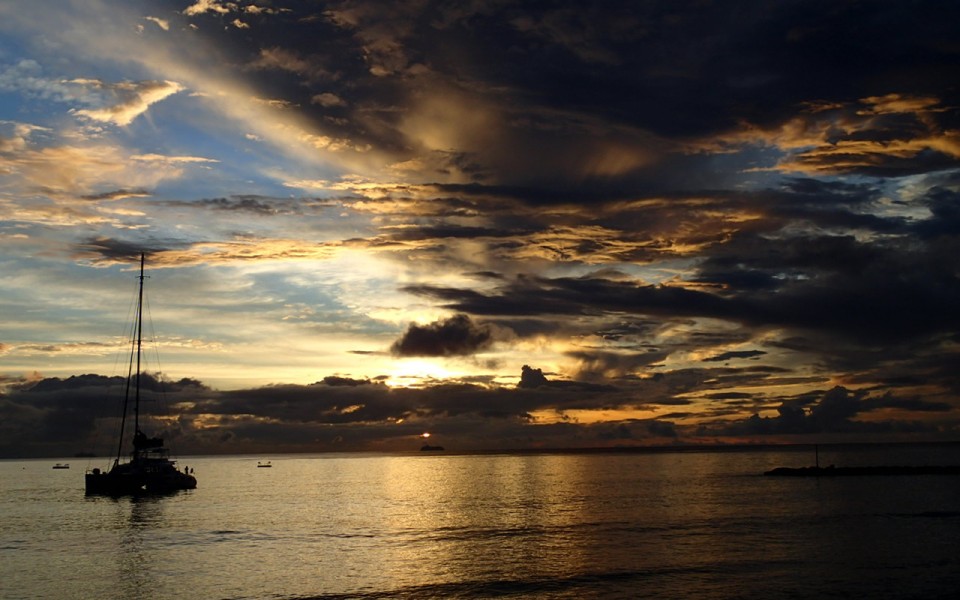
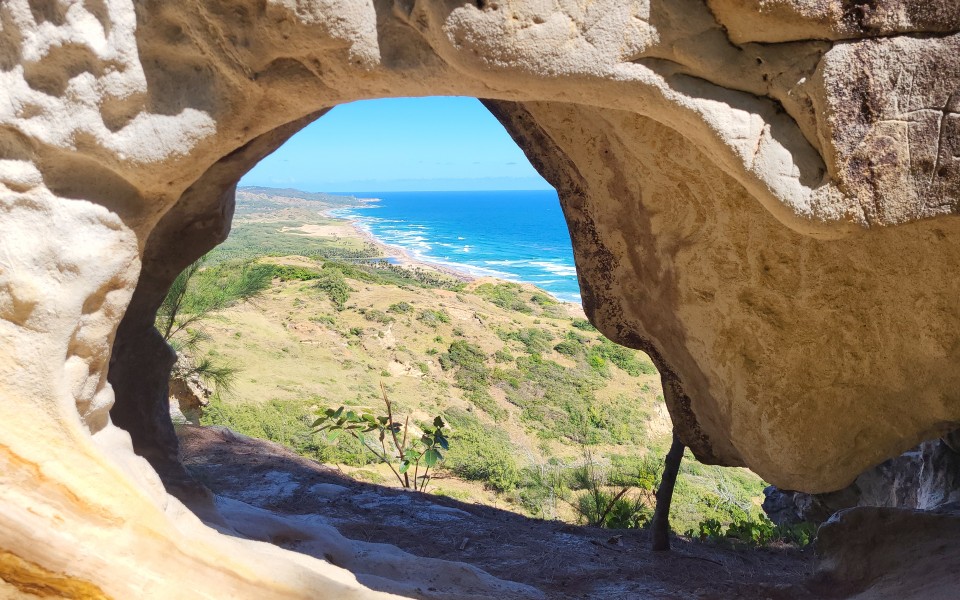
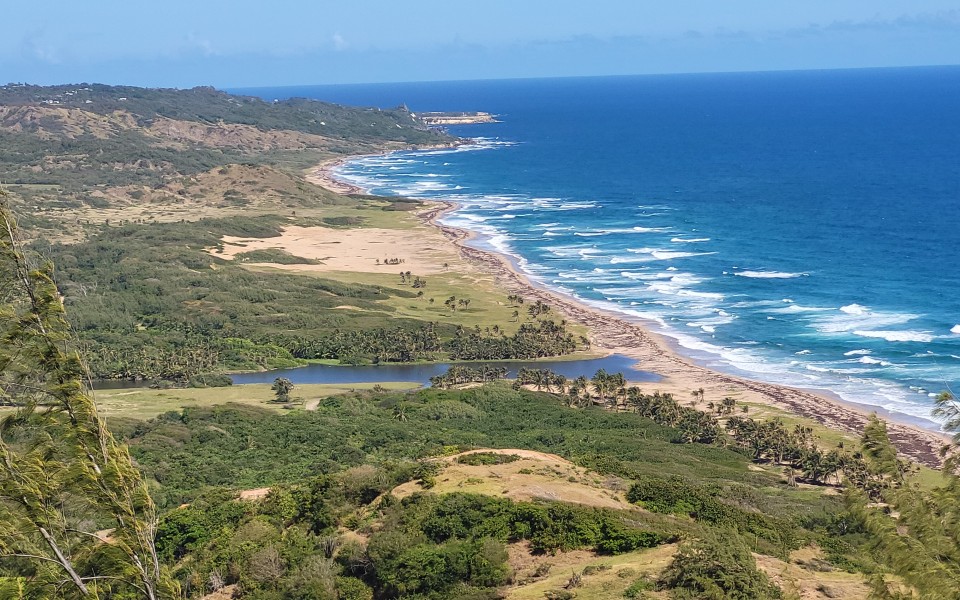
QUICK TIPS
Climate: The average daytime high is just below 30°C (86°F) and the average low is in the mid to low 20’s°C. The rainy season (and hurricane season) is June to November. However sometimes it can be rainy in December. Once the tradewinds are blowing the climate is quite pleasant.
Currency: The local currency is the Barbados dollar and it is pegged to the US dollar - Two Barbados dollars to one US dollar. US cash is widely accepted.
Dolphin: Dolphin in Barbados is the fish (mahi mahi or dorado) and not the mammal, so do not be alarmed if you see dolphin advertised for sale.
Duty Free Shopping: Duty free shopping is good value and when making duty free purchases make sure to take your passport and airline ticket with you.
Driving: Driving is on the left. The speed limit is 60 km/hour on regular roads (unless otherwise signposted) and 80 km/hour on the ABC and Spring Garden Highways and on a portion of the Ronald Mapp Highway. Please be patient as drivers stop randomly drop off passengers or to chat. Quite often indicators are not used. On the ABC Highway there is frequent lane changing and speeding. Please do not drink and drive. Since the economic crisis in 2008 the roads have deteriorated and there a lot of potholes. Wearing seatbelts is the law and infants must be in a car seat. Breathalyzers are supposed to be in use from the start of 2020.
Electricity: 110 volts/50 cycles. The supply is reliable, with only occasional outages. North American electrical items work fine, but UK & European items need adapters.
Emergency Contact Numbers: Police: 211 / Fire: 311 / Ambulance: 511
Environmental Issues: Barbados has a problem with litter, so please don’t litter when travelling around the island. We are pushing the government to enforce litter laws but they are reluctant to do, which is mindboggling. If you don’t like what you see, and have the time, please write a letter to the editor: editorial@nationnews.com. Quite often a letter from a visitor gets more notice than one from a resident. Barbados is also a water scarce country so please don’t waste water. The quality of the water is good and you can drink it from the tap. If you would like to support environmental initiatives in Barbados please check out the Future Centre Trust: www.futurecentretrust.org.
Fauna: The most common animals found in Barbados are the green monkey, the mongoose, the blackbelly sheep, and the hawksbill and green sea turtle. Other animals present are the European hare, the anole lizard, the velvety free-tailed bat and the whistling frog. Occasionally Humpback whales are seen offshore.
The green monkey originated in West Africa and was brought to Barbados during the days of slavery. The mongoose was brought to the island from India to control the rat population, which did not work as the mongoose comes out during the day, while the rat comes out at night. The blackbelly sheep is a cross between a European sheep and an African hairy sheep, and it looks like a brown goat with a black stomach. It is raised for its meat.
Flag: The Barbados flag has three bands. The two bands on the outside are ultramarine, which represent the sea surrounding the island along with the sky, and the middle band is golden, which represents the sand. A black tirdent, commonly called the broken trident, is in the middle of the golden band. The trident comes from Barbados' colonial badge, where Brittania is holding the trident of Poseidon. The broken trident symbolises the break from Britain, when the country became independent in 1966. The design of the flag was created by Grantley W. Prescod, who won a open competition arranged by the Barbados Government, from amongst over a thousand entries.
Geography: Barbados is 34 kilometres (21 miles) in length and 23 kilometres (14 miles) in width at its widest point, covering an area of 432 square kilometres (166 square miles).
Government: Barbados has been independent (from Great Britain) since 1966 and the governance is the British Westminster system. There are two houses in Parliament – the Senate and the House of Assembly, and the island is a parliamentary democracy. The Governor General is the Head of State, reporting to the Queen, and executive authority is vested in the Prime Minister and the Cabinet. Elections are held every five years. Barbados has the third oldest parliament in the Commonwealth.
Healthcare: Barbados has two main hospitals - the Queen Elizabeth Hospital and Bayview Hospital. The former is the main, public hospital and although the surroundings are quite outdated the overall quality of healthcare is generally very good. Bayview is a privately run hospital offering quality healthcare in pleasant surroundings. There are also nine government-run polyclinics throughout the island and several private clinics and doctors.
Language: English, but the Bajan dialect is spoken widely, which is often difficult to understand.
Literacy Rate: 99%.
National Dish: Flying fish and cou cou. Cou Cou is made with corn meal and okra and is of Africal Origin.
Parishes: Barbados is divided into eleven parishes: St. Andrew, St. George, St. James, St. John, St. Joseph, St. Lucy, St. Michael, St. Peter, St. Philip, St. Thomas and Christ Church.
Population: Approximately 285,000 (2013).
Public Transportation: The government-owned buses are blue with a yellow stripe. The fare is $3.50 and no change is given. There are schedules on the Transport Board’s web site – www.transportboard.com. They are soon adding a fleet of electric buses. The privately owned buses are minibuses (yellow with a blue stripe), and ZR vans (white with a maroon stripe) – the latter get their name from the first two letters on their license plates. The fare is also $3.50 and change can be made by the conductor. Some of them drive fast and play loud music.
Religion: More than 95% of the population is Christian, and Anglicanism is the largest religion in Barbados. However, there are over 100 religions including Muslims, Rastafarians, Hindus, Buddhists, and members of the Baha'i Faith.
Rum Distilleries: Barbados has been credited as the first place to produce rum. Mount Gay Rum is the oldest existing brand of rum in the world and has been in operation since 1703. Barbados produces some of the finest rums in the world, enjoyed by connoisseurs world-wide, and the three main distilleries are Mount Gay Distilleries, West Indies Rum Distillery and Foursquare Rum Distillery.
Safety & Security:
- Barbados is safer than many of its neighbours but there is crime so be vigilant. Place valuables in the hotel safe and do not leave valuables on the beach, or in plain sight in your car. Park in well-lit areas and avoid deserted areas, including beaches at night. The police emergency number is 211.
- Swimming on the east and north coasts is dangerous due to strong currents, and it should be avoided. The west and south coasts are much safer, but please note that many beaches do not have a lifeguard on duty.
- Avoid the manchineel tree which bears a fruit that looks like a small green apple. The fruit and leaves will blister your skin and don’t shelter under it if it is raining.
- Some of the route taxis (ZR vans) that are painted white with a maroon stripe drive recklessly and are very indisciplined.
Time Difference: 4 hours behind GMT in winter and 5 hours in summer. 1 hours ahead of North American EST in winter and the same during Daylight Savings Time.
Tipping: 10-15% of the total on the bill is acceptable. Some restaurants add a 10% service charge and adding an additional tip is at your discretion.
Towns: Barbados has four main towns – Bridgetown, Speightstown, Holetown and Oistins. Bridgetown is the capital of Barbados and is located in St. Michael. It is the main hub for duty-free shopping, and is where most of the commerce takes place, and is where the cruise ships dock. It was designated a UNESCO World Heritage Site in 2011, along with its Garrison, and it is hoped that more improvements will take place to make it worthy of this designation. Speightstown is the second largest town located in St. Peter on the west coast in the north of the island. It was also known as Little Bristol as it used to trade extensively with Bristol, England. It is a sleepy town and is worth a visit. Arlington Museum is located there. Holetown is located in St. James, on the west coast. This is where the first settlers arrived and the Holetown Festival is held there every February. Oistins is located in Christ Church on the south coast and is the smallest of the four towns. It is home to the very popular Oistins Fish Fry and the Oistins Fish Festival is held there every Easter.
Weather: There are two seasons - the dry season (December to May) and the rainy season (June to November). Annual rainfall normally ranges between 1,000 and 1,500 mm (40 and 60 in). The rain normally comes in short, heavy showers. Daytime temperatures normally range from 24 to 32 °C (75 to 90 °F) and nighttime temperatures are a little cooler. The trade winds blow for a large part of the year making the tropical climate moderate.
